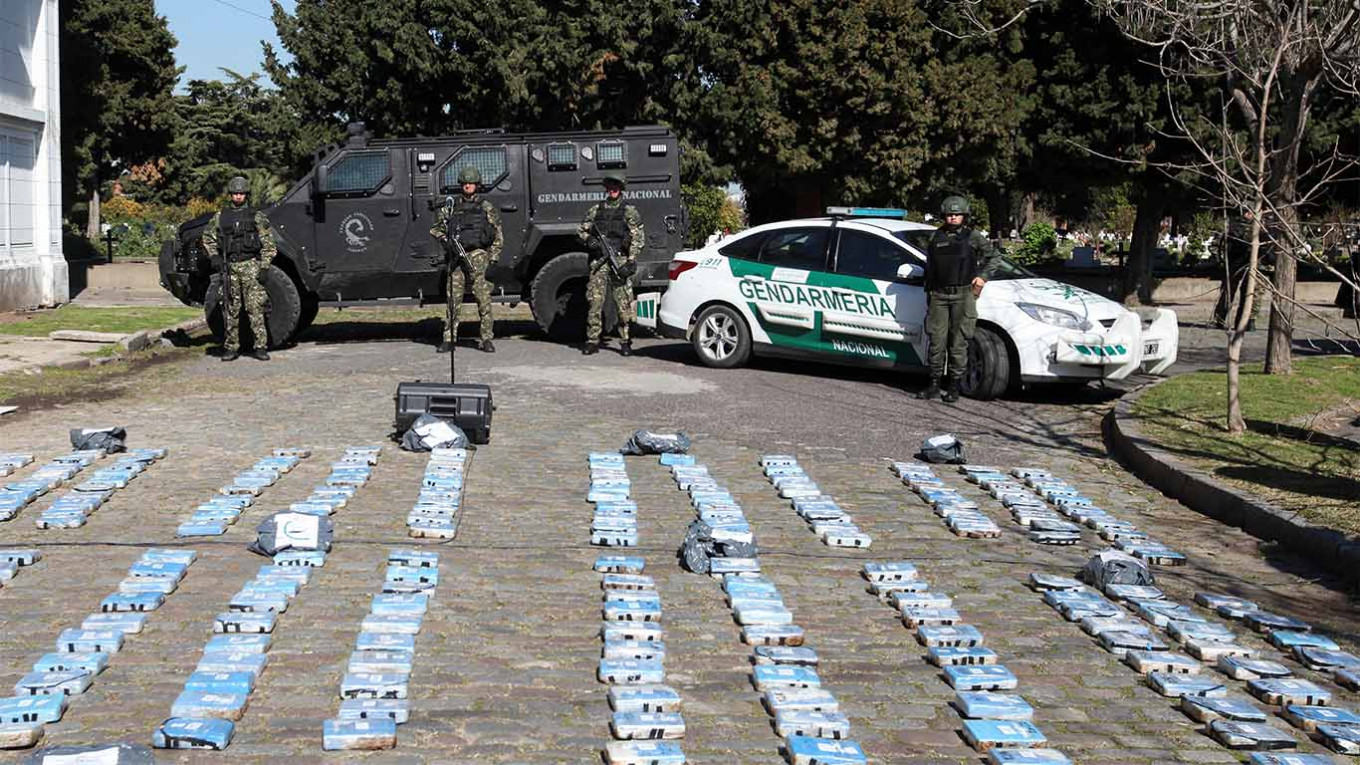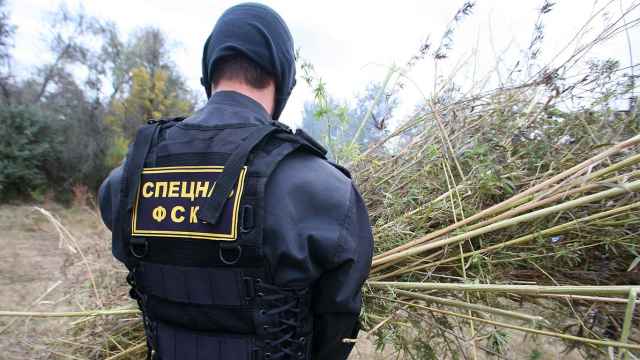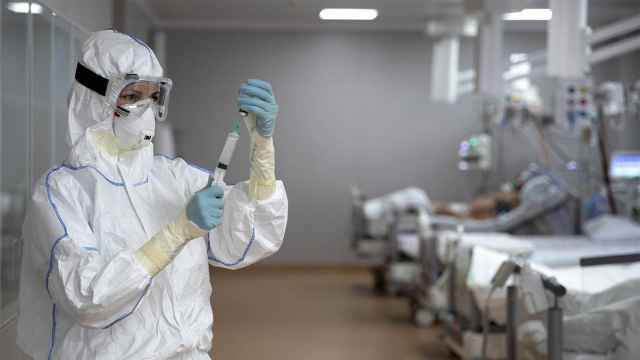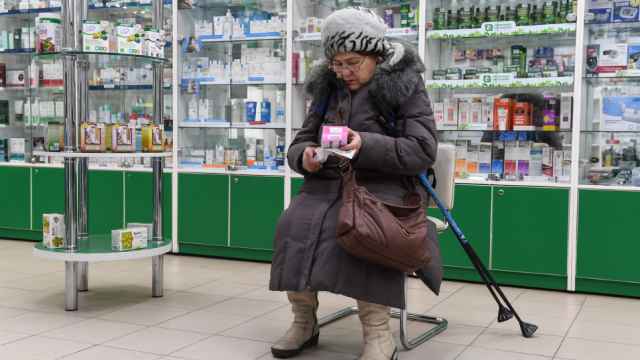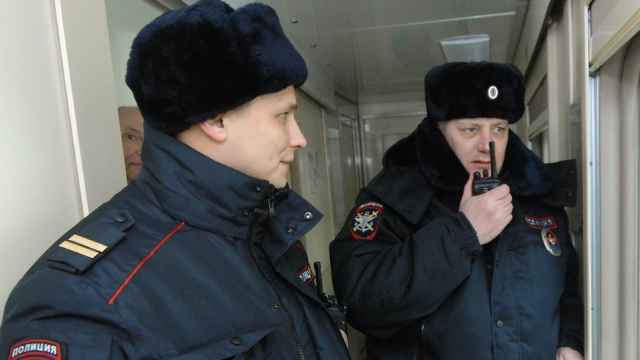Russian lawmakers may have been the ultimate recipients of some of the nearly 400 kilograms of cocaine that were seized from the Russian Embassy in Argentina in 2018, an investigative report said Sunday.
Four suspects are facing a closed trial in Russia after a yearlong investigation into the discovery of 350 kilograms of cocaine worth around $50 million at the school grounds of the Russian Embassy in Buenos Aires. Two other suspects are being held in Argentina.
Russia’s Dossier Center group said it obtained Russian and Argentinian investigative documents, including 10,000 pages of case files and 402 hours of wiretaps as well as witness and suspect interrogation transcripts.
According to Dossier, former Russian army officer Mikhail Kazantsev told investigators that his acquaintance and key suspect in the cocaine-smuggling operation, Andrei Kovalchuk, had confirmed the contents of the seized cargo in a private phone call after the arrest of his alleged accomplices.
“According to Kovalchuk, part of the cocaine was intended for Russia’s State Duma deputies and members of Russia’s Federation Council,” Kazantsev said, referring to the two chambers of Russian parliament.
His testimony did not identify any Russian lawmakers by name.
Dossier accused investigators of failing to follow up on leads to find both the ultimate beneficiaries of the cargo and the source of funding to buy the cocaine in the first place.
Mikhail Khodorkovsky, the exiled former oil tycoon who funds the Dossier Center, called into question the arrests of low-level diplomats while three high-ranking consular officials with Russia’s Foreign Ministry who had allegedly facilitated Kovalchuk’s contraband business roamed free.
“Is this a mockery or was it intended?” Khodorkovsky asked in a video accompanying the investigation.
The Daily Beast, which collaborated with the Dossier Center on the investigation, said the obtained documents point to a “coverup designed to protect [the implicated] government officials and possibly other unnamed co-conspirators higher up in the food chain in Russia.”
“Some members of the Russian Embassy in Argentina... were aware of drug-related activities and were associated with the drug mafia,” an unnamed U.S. drug enforcement agent told The Daily Beast. The agent added that, after a leak, “the Russian side decided it was safer to ‘find’ the drugs. The scandal was resolved at a diplomatic level and no real investigation was conducted by Argentina.”
The Moscow City Court was due to extend the four suspects’ pre-trial detention Monday, the Open Media news website reported.
A Message from The Moscow Times:
Dear readers,
We are facing unprecedented challenges. Russia's Prosecutor General's Office has designated The Moscow Times as an "undesirable" organization, criminalizing our work and putting our staff at risk of prosecution. This follows our earlier unjust labeling as a "foreign agent."
These actions are direct attempts to silence independent journalism in Russia. The authorities claim our work "discredits the decisions of the Russian leadership." We see things differently: we strive to provide accurate, unbiased reporting on Russia.
We, the journalists of The Moscow Times, refuse to be silenced. But to continue our work, we need your help.
Your support, no matter how small, makes a world of difference. If you can, please support us monthly starting from just $2. It's quick to set up, and every contribution makes a significant impact.
By supporting The Moscow Times, you're defending open, independent journalism in the face of repression. Thank you for standing with us.
Remind me later.


